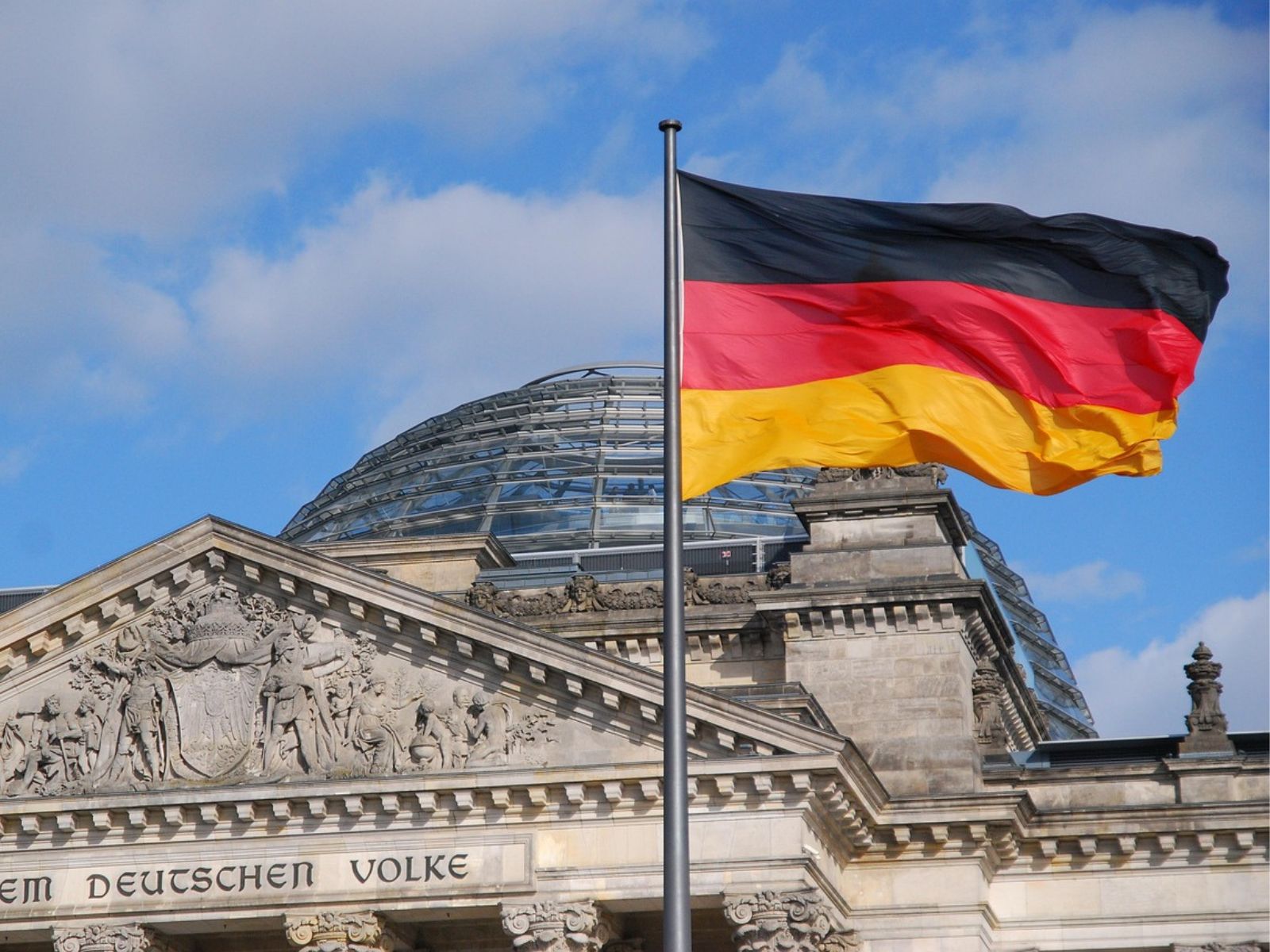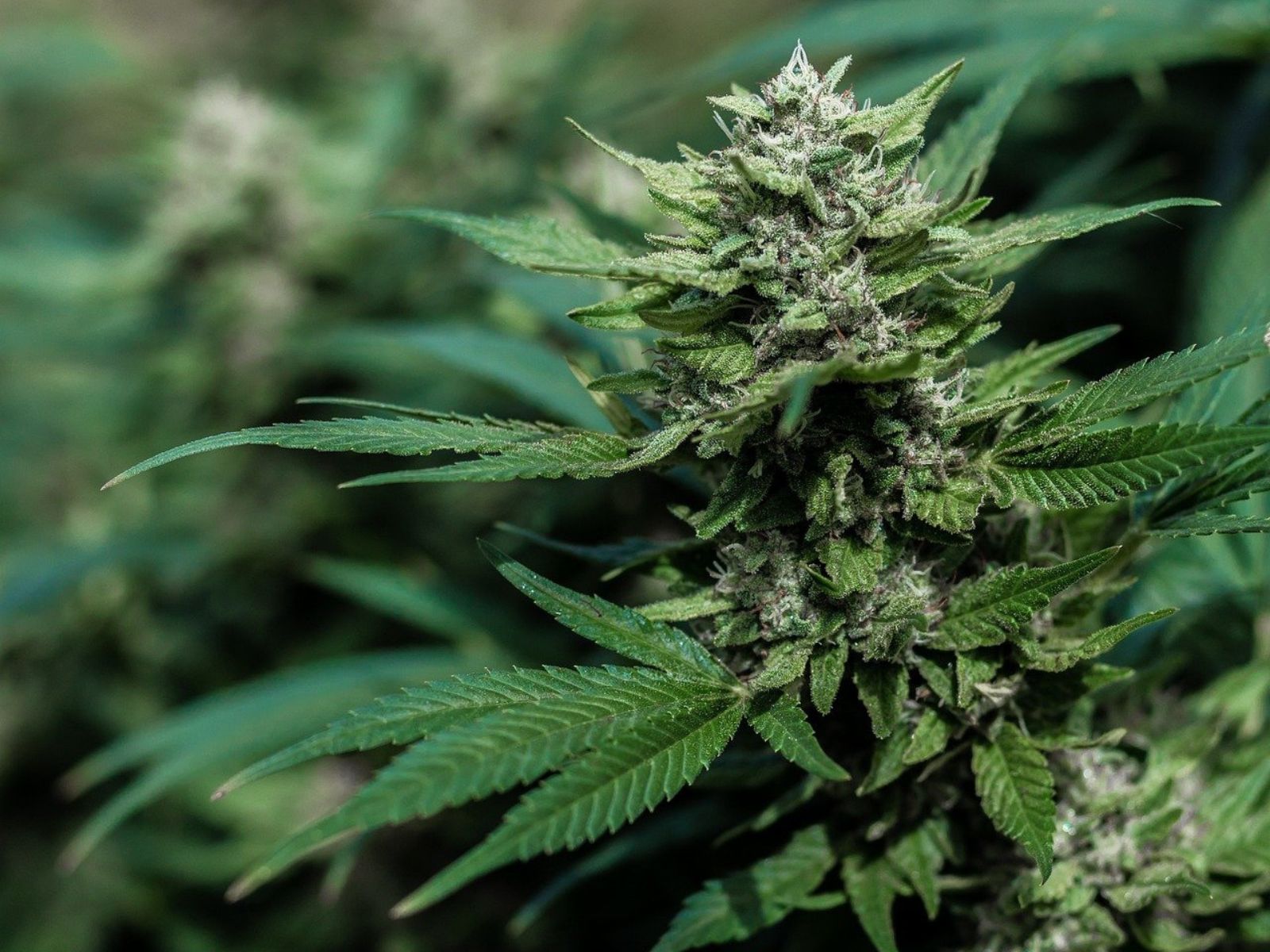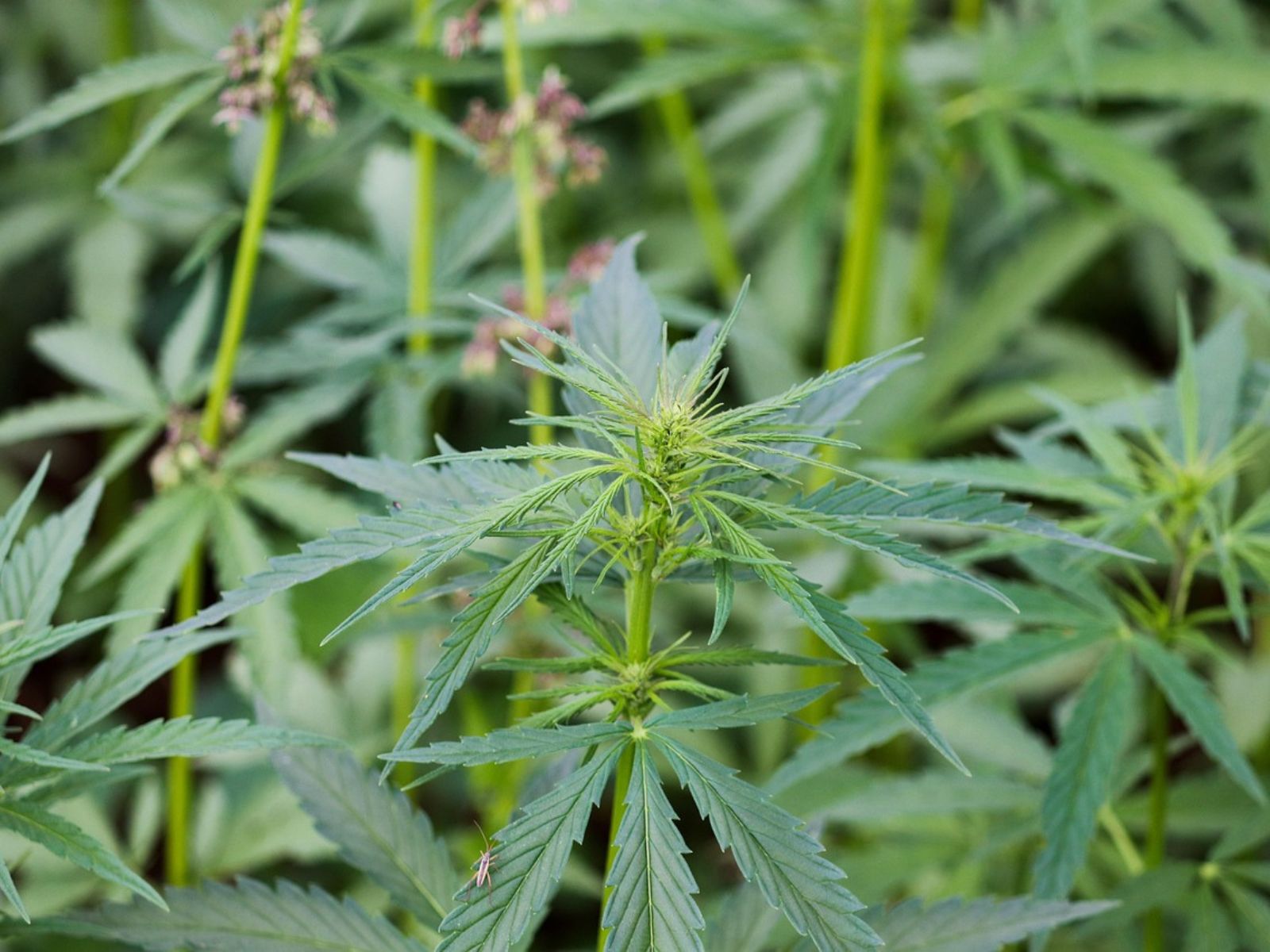
German Associations Warn Against Medicinal Cannabis Flowers Ban

German Associations Warn Against Medicinal Cannabis Flowers Ban
Germany’s Federal Government Commissioner for Addiction and Drug Issues, Prof. Dr. Hendrik Streeck, has made headlines recently due to his speaking in favor of banning prescriptions for medical cannabis flowers. Cannabis flower is a very popular form of medical cannabis in Germany.
The Commissioner pointed to professed concerns about the varying THC content of medical cannabis flowers, ‘potential lung damage,’ an ‘increased risk of cancer,’ and his skepticism about the efficacy of medical cannabis flowers. Prof. Dr. Hendrik Streeck also expressed his suspicion that medical cannabis flower may be being used by patients for recreational purposes. He is advocating for banning medical cannabis flower and limiting prescriptions to ‘capsules and drops.’
Prof. Dr. Hendrik Streeck’s call for banning medical cannabis flowers is being met with pushback from a coalition of German medical cannabis trade associations. The coalition recently issued a joint statement against a proposed ban.
“The Medical Cannabis Association, consisting of professional associations of doctors, pharmacists, patients, and the pharmaceutical industry, strongly opposes this proposal. The alliance first clarifies that the 2017 Medical Cannabis Act was primarily passed with the goal of making medical cannabis flowers prescribable.” the coalition states (translated from German to English).
“To evaluate the law’s impact, a five-year follow-up survey was subsequently conducted. The final report of the Federal Opium Agency of the Federal Institute for Drugs and Medical Devices (BfArM) clearly shows that, compared to all other cannabis medicinal products, medical cannabis flowers are not only more effective but also better tolerated, lead to fewer treatment discontinuations, and overall lead to a greater improvement in quality of life.” the coalition also states.
“Patients must therefore continue to have reliable access to safe, quality-tested cannabis flowers. Needs-based patient care must not be restricted under any circumstances,” emphasizes Antonia Menzel, Chairwoman of the German Association of Pharmaceutical Cannabinoid Companies (BPC). In addition to BPC, the joint statement was also signed by:
- Arbeitsgemeinschaft Cannabis als Medizin e.V. (ACM)
- Bund Deutscher Cannabis-Patienten e.V. (BDCan)
- Branchenverband Cannabiswirtschaft e.V. (BvCW)
- Verband der Cannabis versorgenden Apotheken e.V. (VCA)
“Inhaled cannabis-based therapy has the decisive advantage over oral treatment that its rapid onset of action allows for very precise dosing. The effect begins within seconds to a few minutes and lasts for two to three hours. This, however, is often not possible with oral treatment due to the significantly delayed onset of action. Furthermore, the bioavailability of cannabis flowers is significantly higher at 15 to 35 percent than that of oral preparations (three to twelve percent).” the joint statement points out.
“A prescription ban on medical cannabis flowers would deprive a large number of patients of the opportunity to continue their long-established, effective, and medically supervised therapy. As a result, many patients would be forced back into self-medication with cannabis from illegal sources—as was the case before 2017,” emphasizes Prof. Dr. Kirsten Müller-Vahl, chair of the German Association for Cannabis as Medicine (ACM).
“The final decision must be made by the treating physician – and all options should be available to select the most suitable therapy,” says Michael Greif, Managing Director of the German Cannabis Industry Association (BvCW).
“As long as no additional alternatives to inhalation are available, apart from a few – sometimes difficult-to-dose – inhalable extracts, the removal of the prescription of medicinal cannabis flowers would be a significant step backward. Many patients would be deprived of a treatment option that has proven successful for years,” warns Daniela Joachim, Chair of the Association of German Cannabis Patients (BDCan).
“Medicinal abuse should be prevented, but not at the expense of patients who depend on their treatment,” emphasizes Dr. Christiane Neubaur, Managing Director of the Association of Cannabis-Supplying Pharmacies (VCA).
The joint statement points out that medical cannabis flowers can be consumed using vaporizers, not just via combustion methods. Allowing medical cannabis flowers also gives patients the flexibility to prepare their own tinctures, edibles, and topicals, among other things.
“The alliance also suggests that legal access for consumers should be created through scientific pilot projects within the framework of the research clause (Section 2 (4) of the Cannabis Act). This would allow a sharper dividing line to be drawn between consumers and patients and simultaneously create scientific evidence for future cannabis regulation.” the joint statement concludes.
Share article
Ticket Prices increase €200
On March 18th

Ticket Prices increase €200
On March 18th

Ticket Prices increase €200
On March 18th
Share article
Join Our Awesome Community
Join Our Awesome Community
Join Our Awesome
Community
Get all the latest industry news
delivered to your inbox






